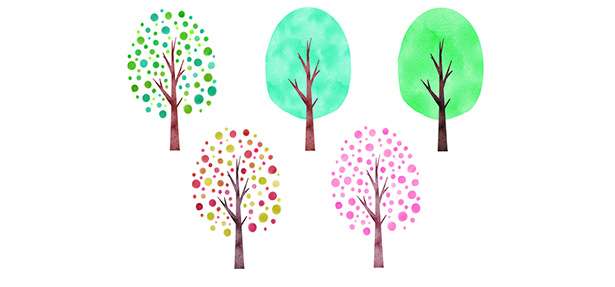8:00 a.m -6:00 p.m
-
-
-
RMZ Ecoworld, Bellandur, Outer Ring Road
8:00 a.m -6:00 p.m
RMZ Ecoworld, Bellandur, Outer Ring Road
If your family is having a tough time communicating or dealing with conflicts, Family Counselling can help. Whether you’re experiencing family relationship issues, family mental health challenges, the loss of a loved one, addiction, divorce, or financial stress, Family Therapy offers a supportive space to work through these difficulties together. Where the Individual Therapist works with one person, the Family Therapist views problems in the context of a family’s “system,” helping the family through its challenges. This is why Family Therapy is sometimes referred to as Systemic Therapy.
If your brother, sister or anyone in your family is going through a tough time—it’s not just their problem alone. Their struggles can ripple through the entire family, affecting everyone in ways you might not even realise.
A Family Therapist focuses on both the individual and the whole family. They help everyone communicate and resolve, encouraging the family to heal and thrive as a unified group.
At Manushee, we provide family therapy sessions with highly experienced family therapists. Whether via face-to-face in-person appointments or online family therapy sessions, we are committed to supporting families across the India and worldwide.
Some issues a family may want to consider engaging the services of a professional Therapist for include:
Communication between family members.
Children or teenagers who are struggling.
Family members who are estranged or isolated from the family unit.
Parenting, co-parenting.
Family experiencing illness, loss, grief and bereavement.
Family going through divorce and separation.
One or more family members struggling with stress.
One or more people in your family struggle to function in their role and capacity.
One person in the family experiencing trauma.
Mental health, addiction, or eating disorders in the family.
Family members with extreme emotional reactions.


Family Therapy has proven to be extremely helpful in many cases. Some of the benefits include:
Improved understanding and forming of healthy boundaries and patterns within a family.
Improved relationships and communication between family members.
Increased empathy between family members.
Reduced conflict within the family by gaining anger management, emotional regulation and conflict resolution skills.
Greater transparency between family members.
Restored trust, support, and forgiveness between family members.
Reuniting family members who have been isolated or have been isolating themselves.
Managing extreme emotional reactions by family members.
Improve overall family functioning.
Healing from trauma within the family.
Addressing mental health, eating disorders, or addiction within the family unit.
The Systemic Family Therapy approach at Manushee guides families through overcoming challenges that impact their relationships, life changes, and emotional well-being. Family Therapy can help family members enhance communication and address issues within the family framework.
In Family Therapy, the key focus is on connections between family members. Systemic Family Therapists work with the complexities of familial relationships and dynamics to bridge the gaps hindering understanding, improve open communication, and cultivate harmonious conflict resolution. We offer Family Therapy both in person in Bangalore and online in the India and worldwide.
The main goal of Systemic Family Counselling is to heal any relational, mental, emotional, or psychological problems within a family. While specific goals depend on the unique circumstances of each family, the goals commonly include:
Developing and maintaining healthy boundaries within a family.
Improving communication and relationships, assisting family members in better understanding family dynamics.
Dealing with and overcoming family relationship issues.

Family Therapists use Systemic approaches to help family members resolve conflicts by enhancing their engagement and communication. For example, in narrative Family Therapy, the Therapist helps family members deconstruct problematic stories, share preferred stories, and listen to the individual stories of other family members.
The four Family Therapy approaches most commonly used include:





Structural Therapy focuses on family members’ interactions in order to help their issues.
Strategic Therapy has five stages:


Communication Therapy focuses on communication difficulties between couples and family members.
Psychoeducation in family therapy involves providing families with information about psychological concepts and conditions that affect them. This approach helps family members understand each other’s experiences and promotes a supportive environment.


Attachment-based family therapy (ABFT) is a type of counseling that helps family members repair and rebuild relationships. It's based on attachment theory, which explores how early childhood experiences affect a person's ability to form healthy relationships. The model is trauma-focused and process oritnted.

Book Now

Call Us

View Your Therapist